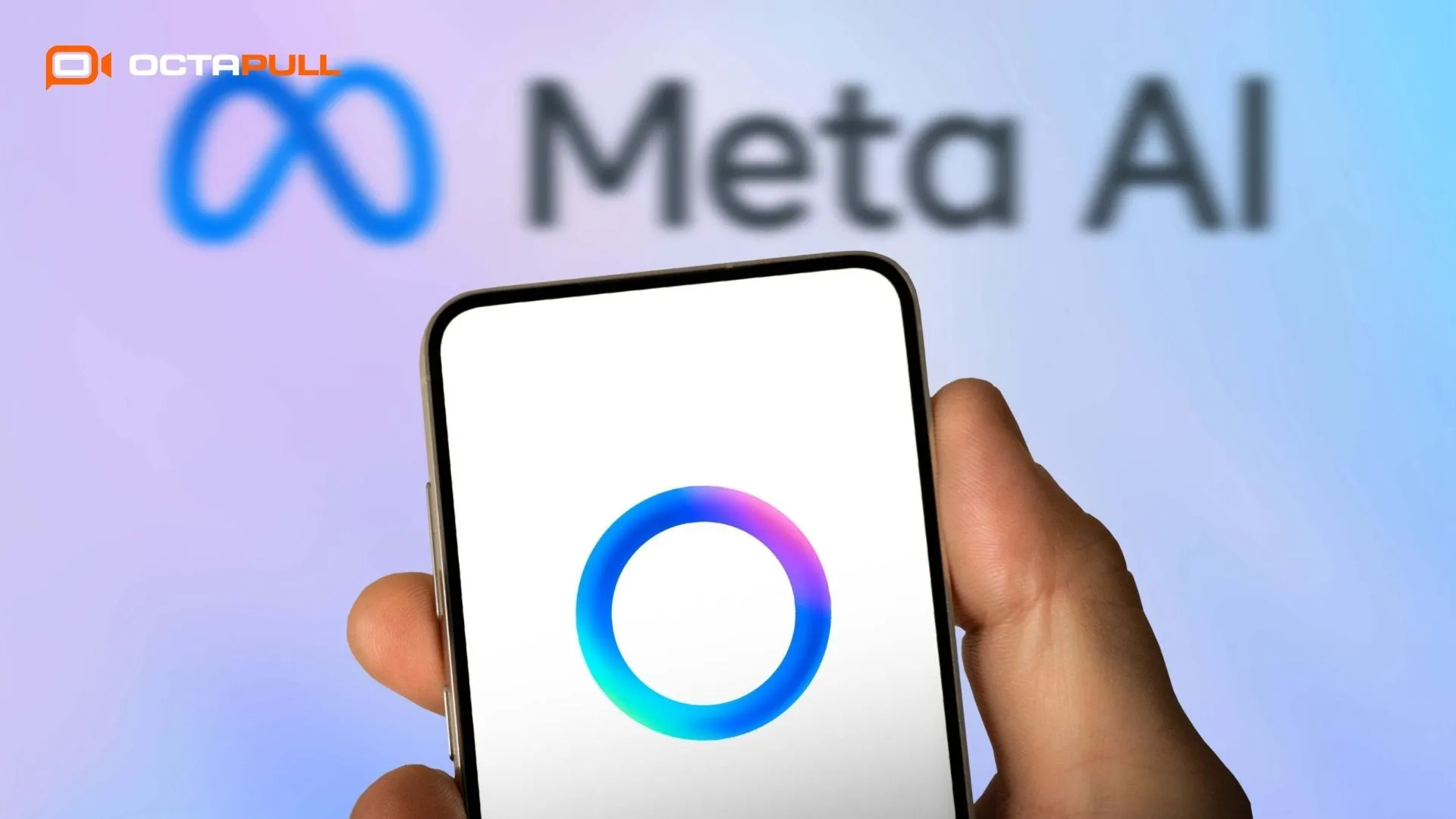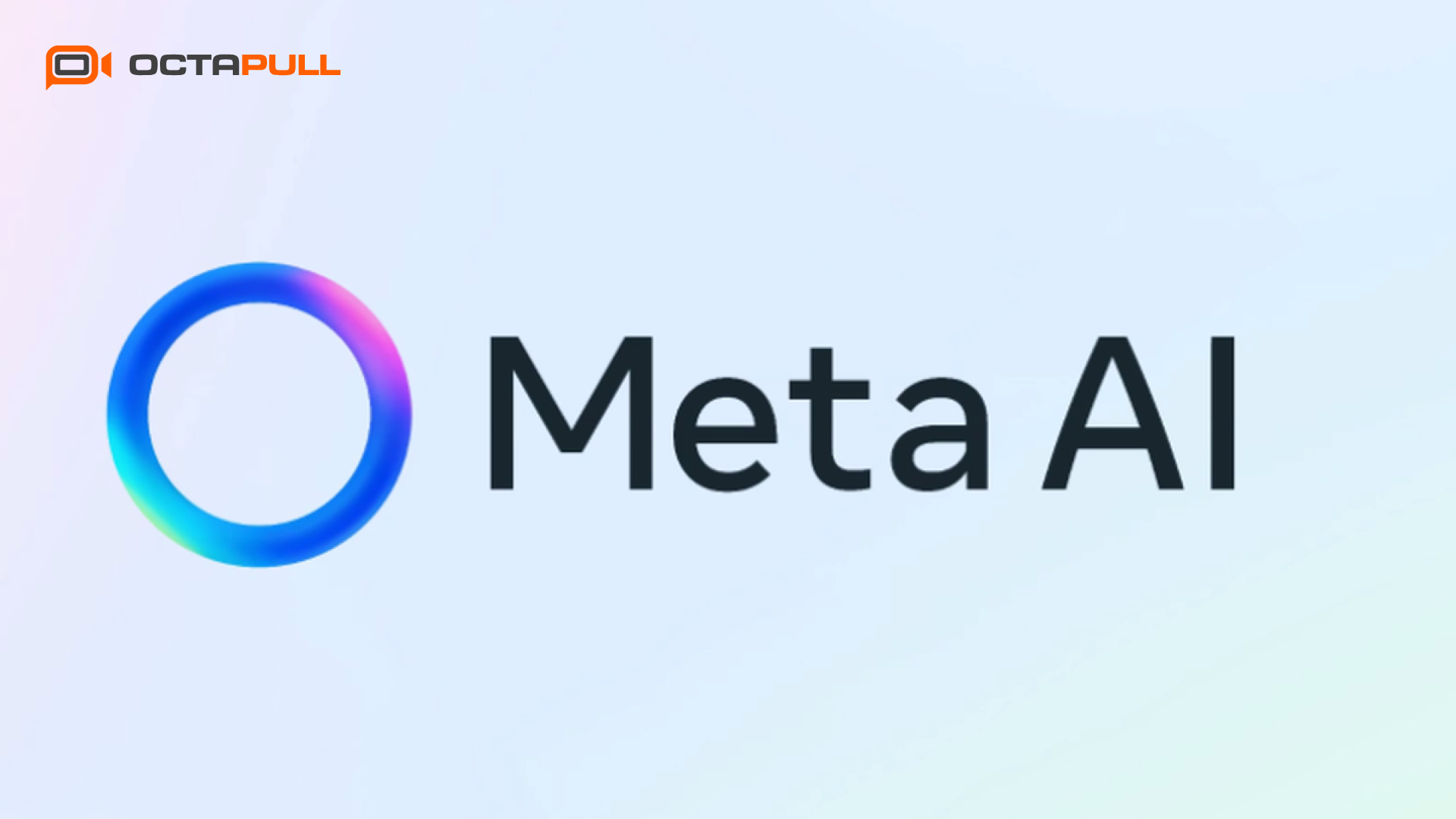Conducting an Online Job Interview: 7 Key Points To Consider
The format of job interviews has undergone a significant transformation over the past decade, evolving from traditional in-person meetings to predominantly online job interviews.
This shift reflects broader changes in how we work and communicate, influenced by technological advancements and shifts in workplace dynamics.
In the past, job interviews were almost exclusively conducted face-to-face, often requiring candidates to travel to the company’s location.
This consumed time and resources and limited the pool of potential candidates to those within a reasonable commuting distance.
The digital transformation, however, has redefined these boundaries, making it possible to connect with candidates regardless of their geographical location.
High-speed internet, video conferencing platforms, and collaboration tools have made it easier than ever to conduct interviews remotely, breaking down barriers and expanding opportunities for both employers and job seekers.
Simultaneously, the increasing prevalence of remote work has further solidified the role of online interviews.
As more companies adopt remote or hybrid work models, the ability to assess a candidate’s fit for a role without meeting them in person has become an essential skill.
This transition happened gradually, but the onset of the COVID-19 pandemic in early 2020 dramatically accelerated the change.
With social distancing measures and lockdowns making in-person meetings impossible, companies were forced to pivot quickly to online interviews. What was initially a temporary solution has now become the standard practice in the hiring process.
As the world adjusts to this new normal, employers and recruiters must adapt to the evolving landscape of online job interviews. The skills and strategies that work in face-to-face interviews don’t always translate directly to the digital format.
Mastering the nuances of online job interviewing is essential to ensure that the process is just as effective and insightful as traditional methods. From ensuring technical reliability to creating a professional virtual collaboration, there are several key factors to consider.
To help navigate this shift, there are identified seven key points that are essential for conducting an online job interview.
By focusing on these aspects, employers and recruiters can ensure both the interviewer and the candidate have a productive and positive experience, paving the way for successful hiring outcomes in the digital age.
Pre-Interview Technical Preparations
One of the most critical aspects of an online job interview is ensuring that all technical components are in place and functioning correctly. Unlike in-person interviews, where technology plays a minimal role, online interviews are entirely dependent on reliable digital tools.
Before the job interview, it is essential to check your equipment, including your camera, microphone, and internet connection. Testing these devices beforehand can help prevent any technical glitches that might disrupt the flow of the interview.
Choosing the right video conferencing platform is another crucial consideration. Opting for applications that have been specifically designed to accommodate all aspects of remote and hybrid working models, such as OctaMeet, can greatly enhance the interview experience.
It’s crucial to select a tool that is both user-friendly and reliable. Familiarizing yourself with the platform’s features, such as screen sharing and recording options, can make the interview process smoother.
Despite thorough preparations, technical issues can still occur, so it’s wise to have a backup plan, such as a phone call or an alternative platform, to ensure that the interview can proceed without interruption.
Setting the Stage: Creating a Professional Environment
Your environment during an online job interview speaks volumes about your professionalism. Interviewing in a quiet, distraction-free space is essential to maintaining a professional atmosphere.
Background noise can be distracting and may detract from the candidate’s experience, so it’s important to choose a room where interruptions are unlikely.
Also, for this reason, again, tools such as noise suppression offered by platforms such as OctaMeet should be taken into consideration.
Lighting is another key factor in creating a professional setting. Ensuring that your face is well-lit will help the candidate see you clearly, facilitating better communication.
Avoid sitting with your back to a window, as this can cause shadows and make it difficult for the candidate to see you.
Additionally, a clean and clutter-free background conveys organization and attention to detail, qualities that are often appreciated by candidates during the interview process.
Connecting with the Candidate Effectively
Building rapport in an online job interview can be more challenging than in-person meetings, but it remains a crucial part of the process. Starting the interview with some small talk can help put the candidate at ease and create a positive tone for the rest of the conversation.
Simple gestures, like maintaining eye contact by looking into the camera, nodding to show understanding, and keeping an open posture, can go a long way in fostering a connection with the candidate.
Active listening is also vital in an online job interview. Demonstrating that you are engaged by listening attentively to the candidate’s responses, acknowledging their answers with verbal affirmations, and avoiding interruptions will help build a stronger rapport.
These efforts contribute to a more seamless and effective interview experience, allowing both parties to focus on the conversation rather than the medium.
Remote Working Competencies
In the age of remote work, assessing a candidate’s ability to work independently and manage their time effectively for work and home life balance is more important than ever.
Online job interviews provide an opportunity to explore these competencies through targeted questioning.
Asking candidates about their time management and task tracking strategies, communication habits, and how they handle distractions at home can reveal valuable insights into their ability to succeed in a remote working environment.
Evaluating the candidate’s technical skills is also critical. Determining whether they are comfortable using the tools and platforms your company relies on for remote work is essential.
This includes video conferencing software, project management tools, and collaboration platforms like Slack or Trello.
If the candidate has previous experience with remote work, discussing their past roles can provide further insight into their adaptability and suitability for a remote or hybrid working model.
Asking the Right Questions
Asking the right questions during an online job interview is key to understanding the candidate’s qualifications and fit for the role.
Behavioral questions, which require the candidate to provide examples of past experiences, can be particularly effective. These questions help you gauge how the candidate has handled similar situations in the past and predict how they might perform in the role.
Scenario-based questions are another valuable tool in an online job interview. Presenting hypothetical scenarios related to the job and asking the candidate how they would handle them can reveal their problem-solving skills, decision-making process, and ability to think critically under pressure.
Additionally, questions that assess cultural fit are important, especially in remote settings where a strong cultural alignment can contribute significantly to team cohesion and overall job satisfaction.
Utilizing Digital Tools Efficiently
Digital tools are at the heart of online job interviews, and leveraging them effectively can enhance the interview experience for both parties.
If your platform allows, consider recording the interview with the candidate’s permission. This can be useful for reviewing the interview later or sharing it with other decision-makers who couldn’t attend.
Screen sharing is another powerful feature that can be utilized during an online job interview. It allows you to review the candidate’s portfolio or discuss specific projects in greater detail, making the interview more interactive and informative.
Additionally, digital note-taking tools can help you stay organized during the interview, ensuring that you capture all the important points and don’t miss any crucial details.
Evaluating Post-Interview Impressions
After the interview, it’s essential to evaluate the candidate’s performance thoroughly and systematically.
Reviewing your notes and any recordings can help you assess the candidate’s answers and overall demeanor, paying particular attention to how they communicated, their technical competencies, and their ability to engage with you during the interview.
Involving multiple stakeholders in the evaluation process can provide a broader perspective and help ensure that the final decision is well-rounded.
Whether or not you decide to move forward with the candidate, it’s important to follow up with them after the interview. This shows professionalism and leaves a positive impression, even if they are not selected for the role.
Mastering the Online Job Interview with OctaMeet
As the job interview landscape continues to evolve, mastering the art of conducting online interviews is essential for employers and recruiters.
By focusing on these seven key points—technical preparation, creating a professional environment, connecting with the candidate, assessing remote competencies, asking the right questions, utilizing digital tools, and evaluating post-interview impressions—you can ensure a successful and effective online job interview process.
To further enhance this process, tools like OctaMeet can play a crucial role. OctaMeet is designed with the needs of remote and hybrid working models in mind, offering a range of features that simplify and streamline online interviews.
For instance, the platform’s recording functionality allows you to capture the entire interview, making it easier to review the conversation later or share it with colleagues who couldn’t attend.
This feature is invaluable for ensuring that all decision-makers have access to the same information when evaluating candidates.
Screen sharing is another powerful feature of OctaMeet that can significantly improve the interview experience.
It allows you to review the candidate’s portfolio or discuss specific projects in real time, making the interview more interactive and providing deeper insights into the candidate’s skills and experience.
This capability ensures that the interview goes beyond standard Q&A and becomes a more dynamic and engaging process.
Additionally, OctaMeet’s digital note-taking tools enable you to efficiently document important points during the interview without disrupting the flow of the conversation.
These notes can be easily organized and referenced later, helping you to make informed decisions based on a comprehensive review of the candidate’s responses.
Embracing these practices and leveraging tools like OctaMeet will not only help you identify the best candidates but also create a positive and seamless experience for everyone involved.
By combining the right strategies with advanced digital tools, you can ensure that your online interviews are as effective and insightful as traditional face-to-face meetings, if not more so.
Try OctaMeet for Your Online Job Interviews!
Discover how OctaMeet can transform your online interview process, enhancing your professional capabilities and ensuring a smooth, effective experience for both you and your candidates.
With features like interview recording, screen sharing, and digital note-taking, OctaMeet is designed to support every aspect of the online interview process—making it easier to connect with candidates, assess their skills, and make informed hiring decisions.
These tools are essential for conducting successful interviews in today’s remote and hybrid work environments.
Sign Up Today!
Start conducting standout online interviews with OctaMeet. Enjoy a free 30-day trial to experience the difference firsthand or schedule a demo meeting with our product team to explore application and licensing details.






